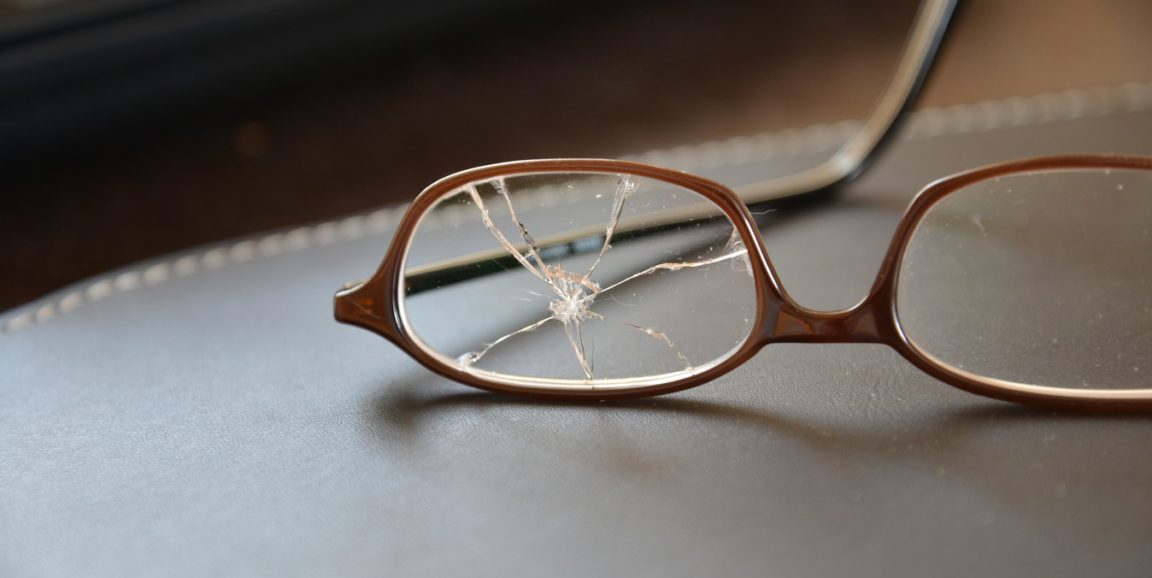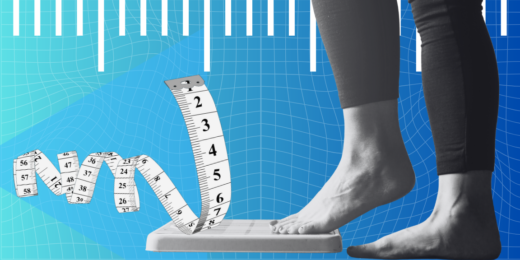Editor's note: This story contains details of domestic violence.
Stanford med school saved my life. Not in the metaphorical way, but in a very literal way. If I didn't start medical school when I did, there is a high chance I wouldn't be alive today.
I struggled writing this piece because only a small handful of people know my story. By the time you're done reading these 800 or so words, you'll know only part of it, but what I hope you take away from it is this: Domestic violence victims can come in all shapes and sizes.
They aren't always timid, quiet, and weak, as they are often stereotyped to be in movies and on TV. They might be outspoken, confident, lighthearted and outgoing. To my fellow medical students and colleagues in the health care field: It is the latter type of person, the type who's able to hide their abuse behind confidence and success, who needs our help the most.
This is something that I've kept largely hidden, but I'm writing this today with the hope that my story will stick with you, such that more domestic violence victims can be saved by advocates who take the time to genuinely listen and ask questions.
October is Domestic Violence Awareness Month, and I am a domestic violence survivor.
For about 1.5 years, I was both emotionally and physically abused by my then partner while I was living abroad and working in the public health field. Looking back, I realize now how brainwashed I was at the time, thinking that he loved me, that things could change, that the bruises on my body and literal twisted joints - and more hurtful than those even, the things he said to me - were my fault.
I'm currently in the most supportive, loving, incredible relationship, and I know now how wrong I was to think those things about my abuser.
What I hope to accomplish in this piece is to help others understand how they, as health care professionals, caring friends, and concerned colleagues, can empower domestic violence victims and save lives. Two stories stand out when I think about how others fell short of helping me escape.
The first missed opportunity happened in a makeup store. He had hit me in fits of rage before, but this was the first time he had hit my face hard enough to cause bruising.
I walked into a cosmetics store looking for makeup to cover the black and blue splotches on my lip. The cashier looked concerned, pursed his lips, but said nothing. He helped me find a concealer that matched my skin tone, then explained "color correction" products to me. I remember how I held back tears and was so ready to tell everything to this stranger, had he only asked where my bruises came from.
The second missed opportunity happened at an optometrist's office. I later learned in medical school that when someone endures blunt trauma near their eyes, tiny blood vessels in the eyes can burst, causing a bloodshot look that can't be "cured" by eye drops. This was how my eyes looked when I walked into the office, hoping for an eye exam. (I wouldn't have normally gone in but the night before, after hitting me, my then-partner snapped my glasses in half to further impair me.)
The optometrist asked me why my eyes were so red; I lied and said I had slept with my contact lenses in overnight. After he tried relieving the redness with eye drops to no avail, he furrowed his brow, seemed as if he was going to inquire further, then shook his head and completed my eye exam so that I could order new glasses.
He was the only person aside from my abuser who had seen me in four days, and how I wished he had asked more questions.
There were many instances during which a single question or concerned comment from a friend, doctor, or random makeup store cashier could have snapped me out of this scary, disillusioned reality that had become my new normal, but that never happened. Had it not been for starting medical school here at Stanford in 2016, I'm not sure if I would have ever convinced myself that I was strong enough - or worth enough, good enough, valuable enough - to escape.
If you think that your patient, your friend, or your colleague is a domestic abuse victim or survivor, pity and looks of sympathy are the last things she needs. Believe her, listen to her, support her, and you will save her.
If you are a domestic abuse victim or survivor, please know this: You are strong, and you are not alone.
Please share this with your family, friends, and colleagues. Medical school saved my life, but not everyone is afforded the same opportunity.




